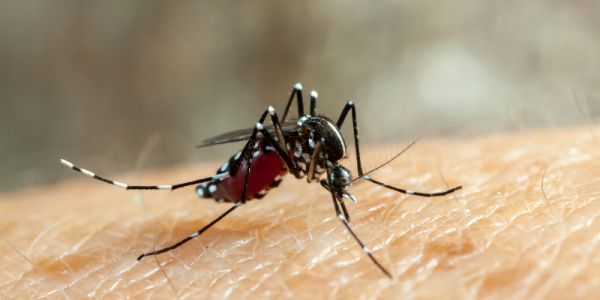
Civic leaders pledge to improve social mobility
A major drive to improve the life chances of children from the Bradford district has been formally launched.

A major drive to improve the life chances of children from the Bradford district has been formally launched.

If carbon emissions are limited to slow temperature rise, as many as 6,000 child deaths could be prevented in Africa each year, according to new estimates.

A Government task force set up to find new ways to contain outbreaks of bird flu will feature expertise from the University.

Urgent action is needed to clear the backlog of people with a common heart condition waiting for life-saving treatment, according to new research.

Medical equipment that can be manufactured at low cost and easily maintained will help extend surgery to the five billion people worldwide who currently cannot get access to it, say researchers.

Air quality inside buildings and on transport systems should be improved to reduce the impact of future pandemics or the spread of flu and other infectious diseases, say engineers and scientists.

A molecule in mosquito saliva has been identified as a potential target for vaccination against a range of diseases for which there is no protection or medicine.

A major study has revealed the global collateral damage caused by the disruption to cardiac services from the COVID-19 pandemic.

Scientists plan to develop technology to isolate and extract fragments of a "rogue" protein linked to diabetes.

As the number of COVID-19 cases across the UK fall, head teachers are being urged to retain measures to keep classrooms well ventilated.